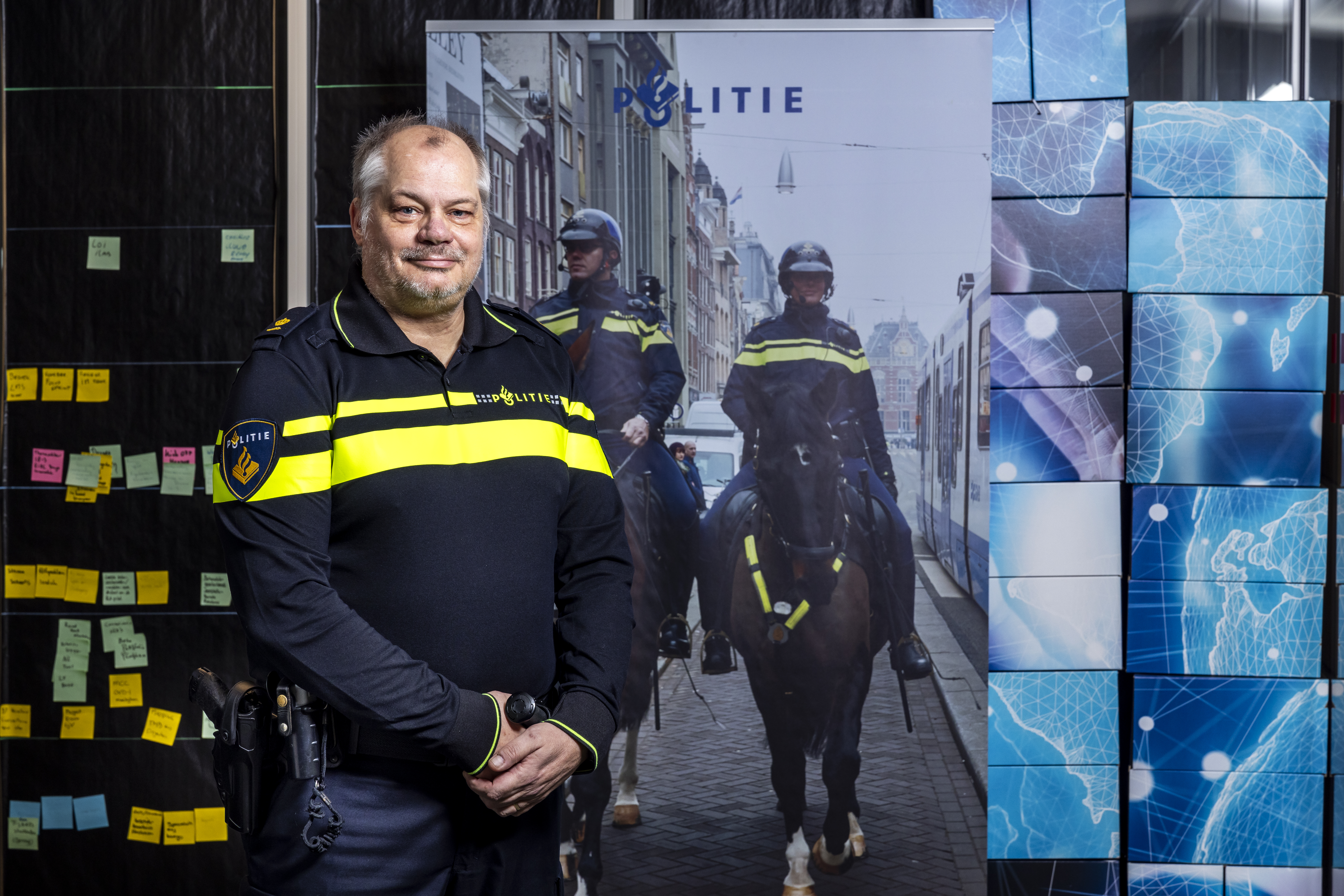
Light is the city of light;
But not light like a feather.
The light of this city;
is because of a bulb!
A world-famous poem in Eindhoven and surroundings.
By Freek de Jonge.
A poem with a reference to the light bulb that made Eindhoven big. In all simplicity a beautiful poem.
For me, this poem also tells something else.
It is an ode to the innovative power of the city of Eindhoven and its inhabitants.
Thinking up new things and making them together. We were – and are – good at that.
In line with this innovative power and the ability to adapt to changed circumstances, it is high time to switch off the light more often. Let’s set a good example.
Abundance harms
In an industrialized area like Western Europe, it is almost impossible to find places where the sky is really dark. Lighting is everywhere; street lighting, billboards, lamps in greenhouses, security spotlights in gardens and white-lit sports fields.
Too much light has disadvantages. Quite apart from the costs, it also leads to additional CO2 emissions, because fossil fuels are used for most lighting.
Animals are also affected by artificial light. It is known from birds, insects and amphibians that outdoor lighting influences behaviour. Some animals are kept out of hibernation, for example. There are plants where the germination, pollination and flowering are disturbed by too much light.
Darkness
Darkness is one of the most elementary natural qualities.
Just like silence.
A dark night provides peace and a regular biological clock for people and animals. Darkness also provides a view of the starry sky and the (blood)moon. Invaluable quality of our living environment.
During the annual “Night of the Night“, an initiative of Nature and Environment Federations, in many locations private individuals, companies and municipalities turn off the advertising and/or lighting of buildings. This emphasises the beauty of the night and draws attention to the effects of too much light. This year, the “Night of the Night” is on 26 October 2019. You better write that down in your agenda.
The bulb has successfully illuminated Eindhoven for years,
The view of the starry sky disappeared;
The silent darkness is missed by many,
So ‘lights out’ more often, as a natural counterweight.
About this column:
In a weekly column, alternately written by Maarten Steinbuch, Mary Fiers, Carlo van de Weijer, Lucien Engelen, Tessie Hartjes and Auke Hoekstra, Innovation Origins tries to find out what the future will look like. The six columnists, occasionally supplemented with guest bloggers, are all working in their own way on solutions for the problems of our time. So tomorrow will be good. Here are all the previous episodes.








